Many intergovernmental processes, including the Istanbul Programme of Action, the post-2015 Development Agenda and the Addis Ababa Action Agenda, call for a significant increase in ODA toward LDCs. However, even if the commitments were fulfilled, their effectiveness could be minimal if no significant changes are made in the way in which donors allocate and provide ODA. LDCs are among countries with higher levels of aid-dependency, proliferation of donors and aid fragmentation. The purpose of this paper is to discuss the role that ODA can play in the development process of LDCs and the way in which aid should be allocated among countries.
Committee for Development Policy (CDP)
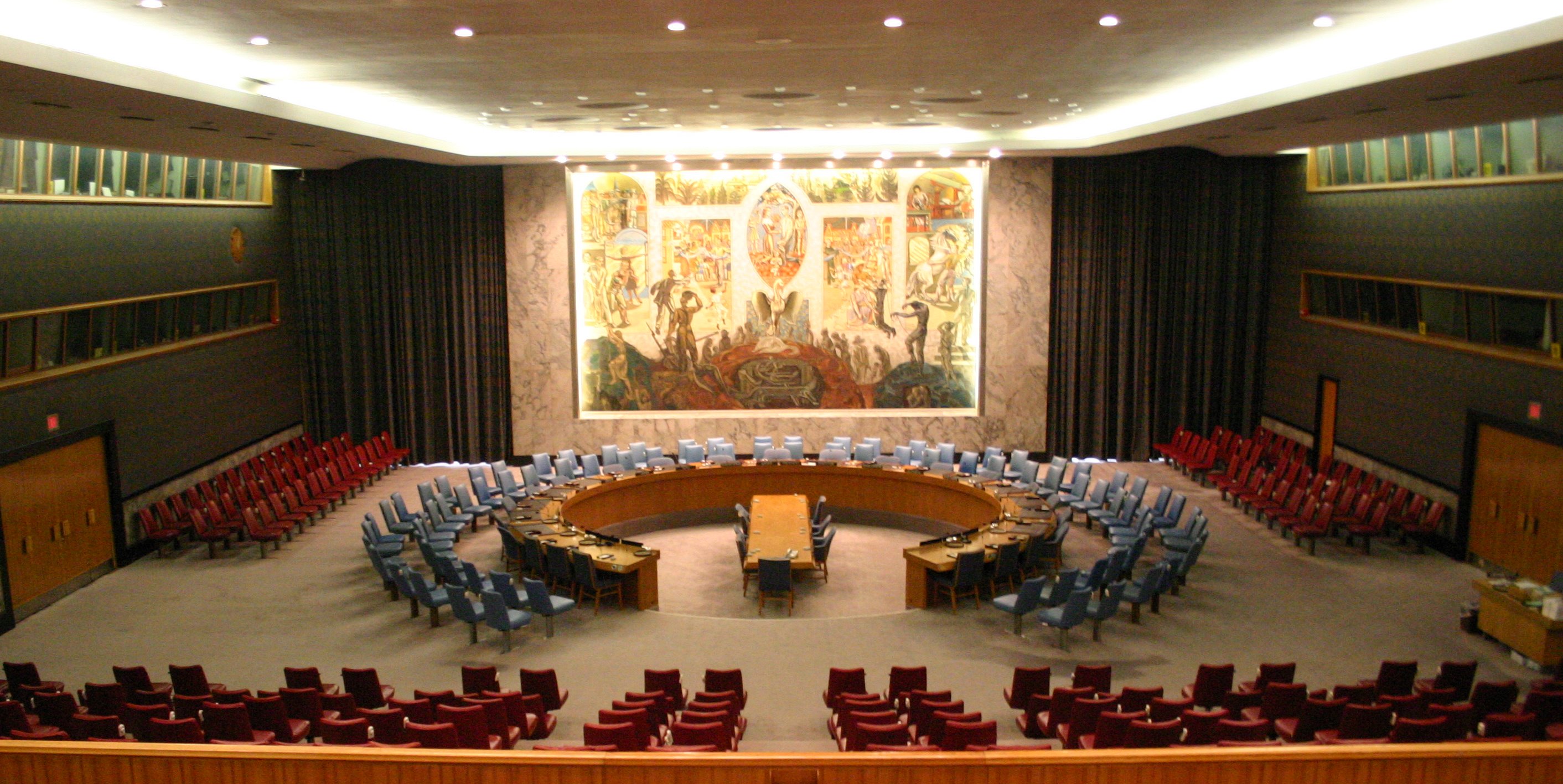
This paper proposes a bottom-up, multi-layered and multi-stakeholder framework for the accountability of the post-2015 agenda. It would be built upon national follow-up processes supported by the UN country teams, and complemented by consultations (and possibly peer reviews) at the regional level, and global accountability exercised by the High-Level Political Forum (HLPF), with support from the ECOSOC system, UN organizations and other relevant international organizations. It would also be accompanied by parallel accountability mechanisms for civil society and the private sector as key partners in the achievement of the post-2015 development agenda.
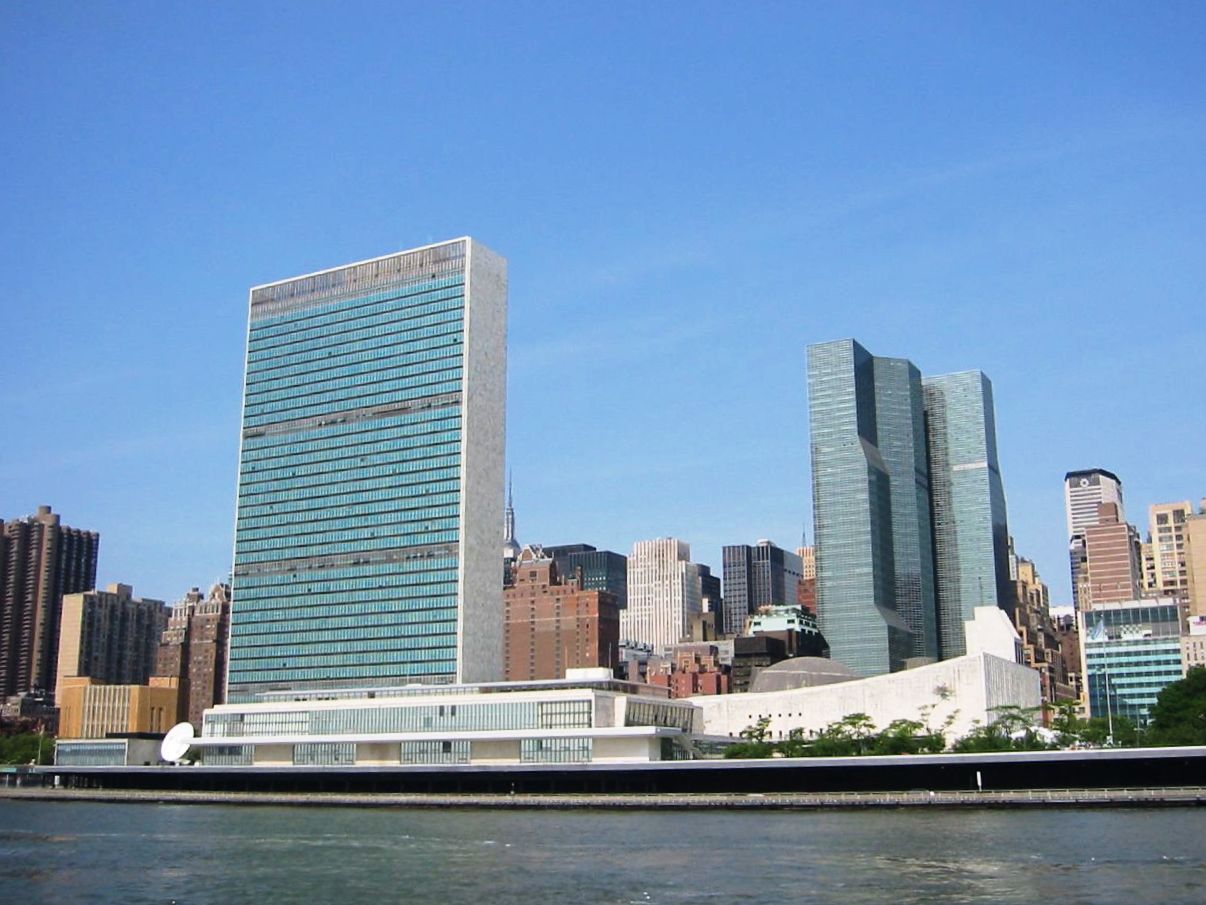
Unilateral economic measures as a means of political and economic coercion against developing countries (A/70/152)
????,?

CDP Chair introduced the Committee's findings on "Expanding productive capacity of least developed countries for achieving the sustainable development goals"
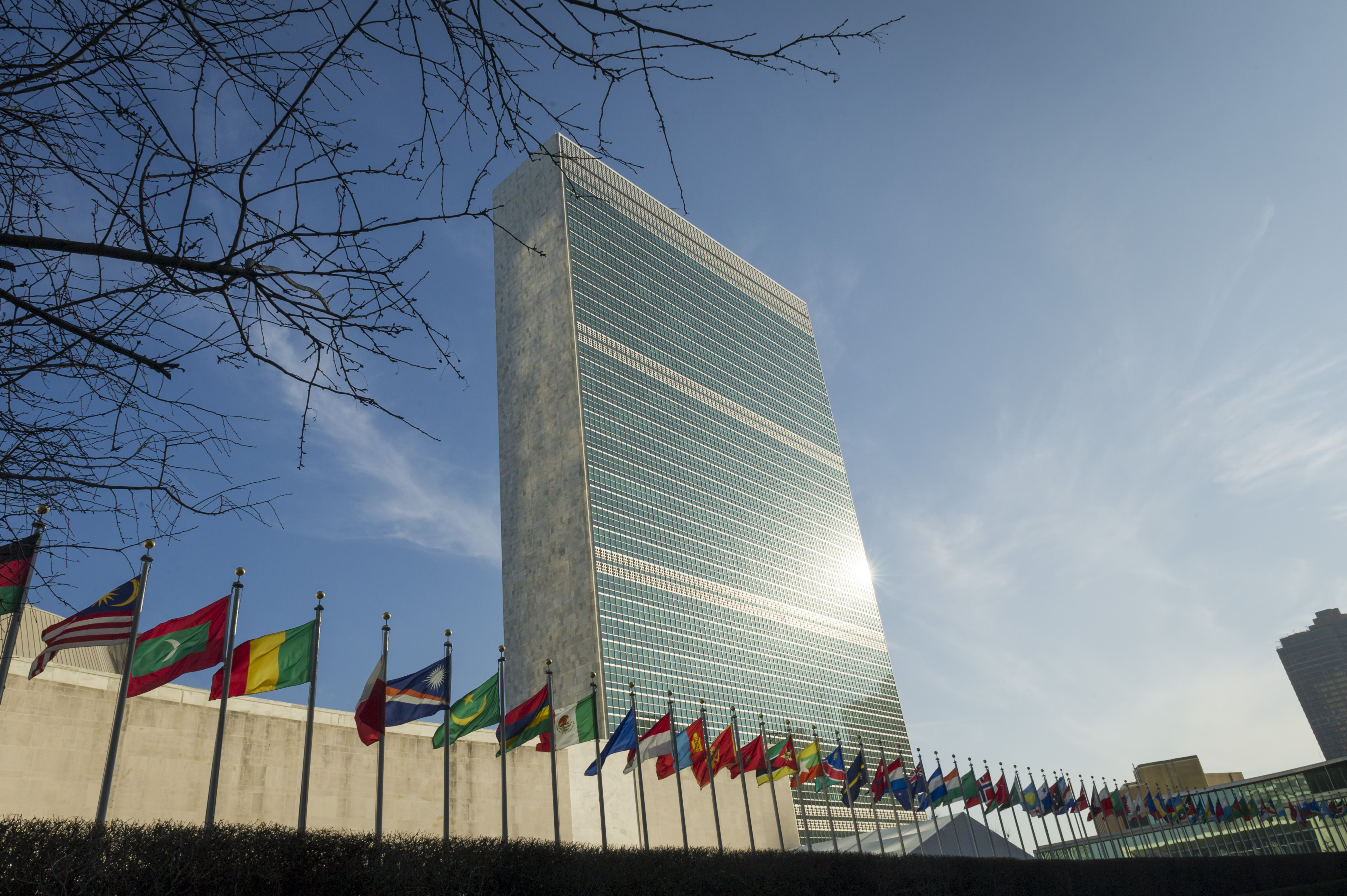
Briefing for delegates on the graduation from the LDC category
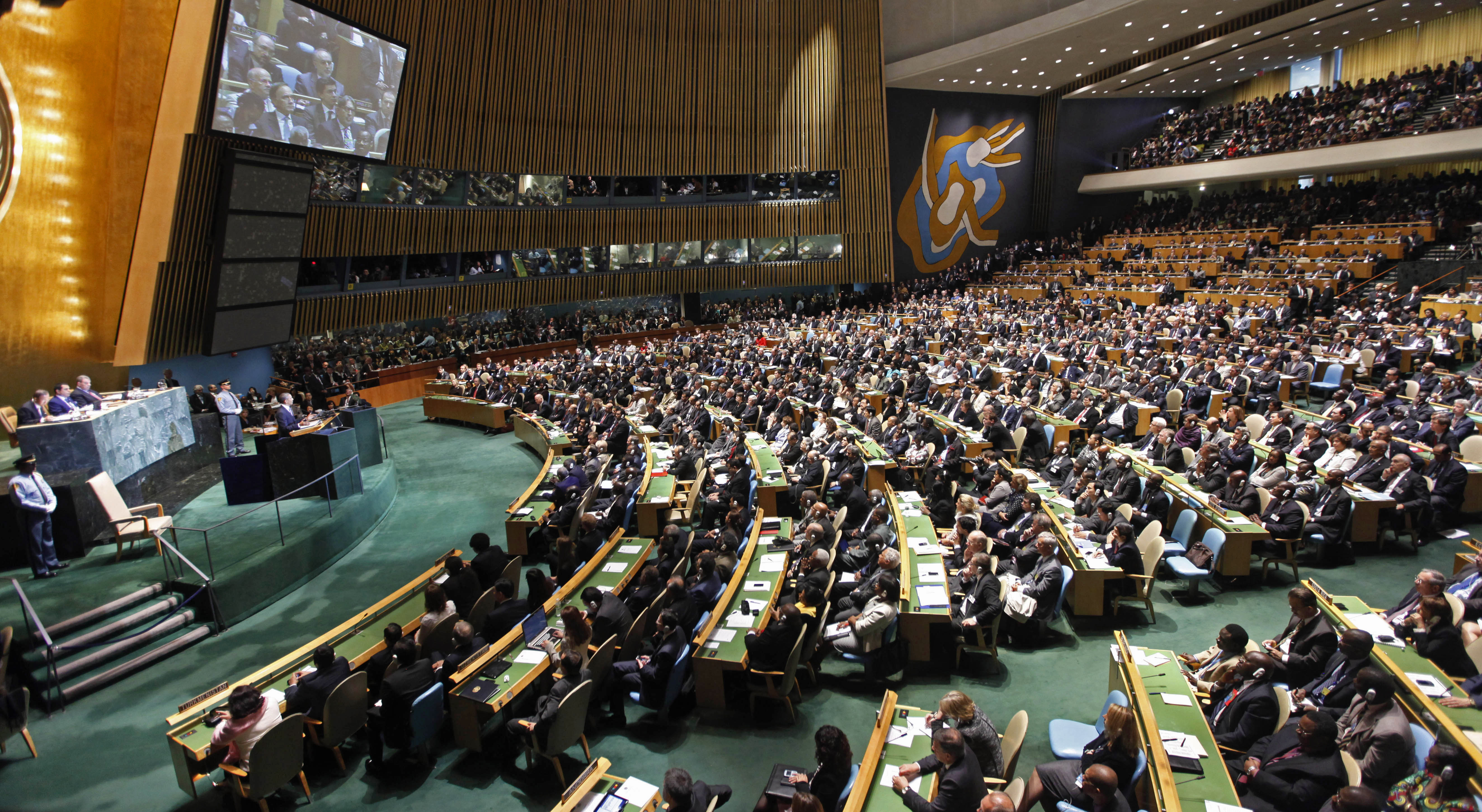
The increasing problems associated with international migration call for nations to manage migratory flows in a more realistic way both at national and international levels. However, global initiatives undertaken to date in this field have seen very limited success. This paper adopts a political economy approach for identifying the interests of affected social groups with a view towards building feasible policy responses. A dual proposal for global governance of migration is suggested, based on a combination between the establishment of universal minimum standards and the promotion of bilateral and regional interaction driven by problem-solving goals.
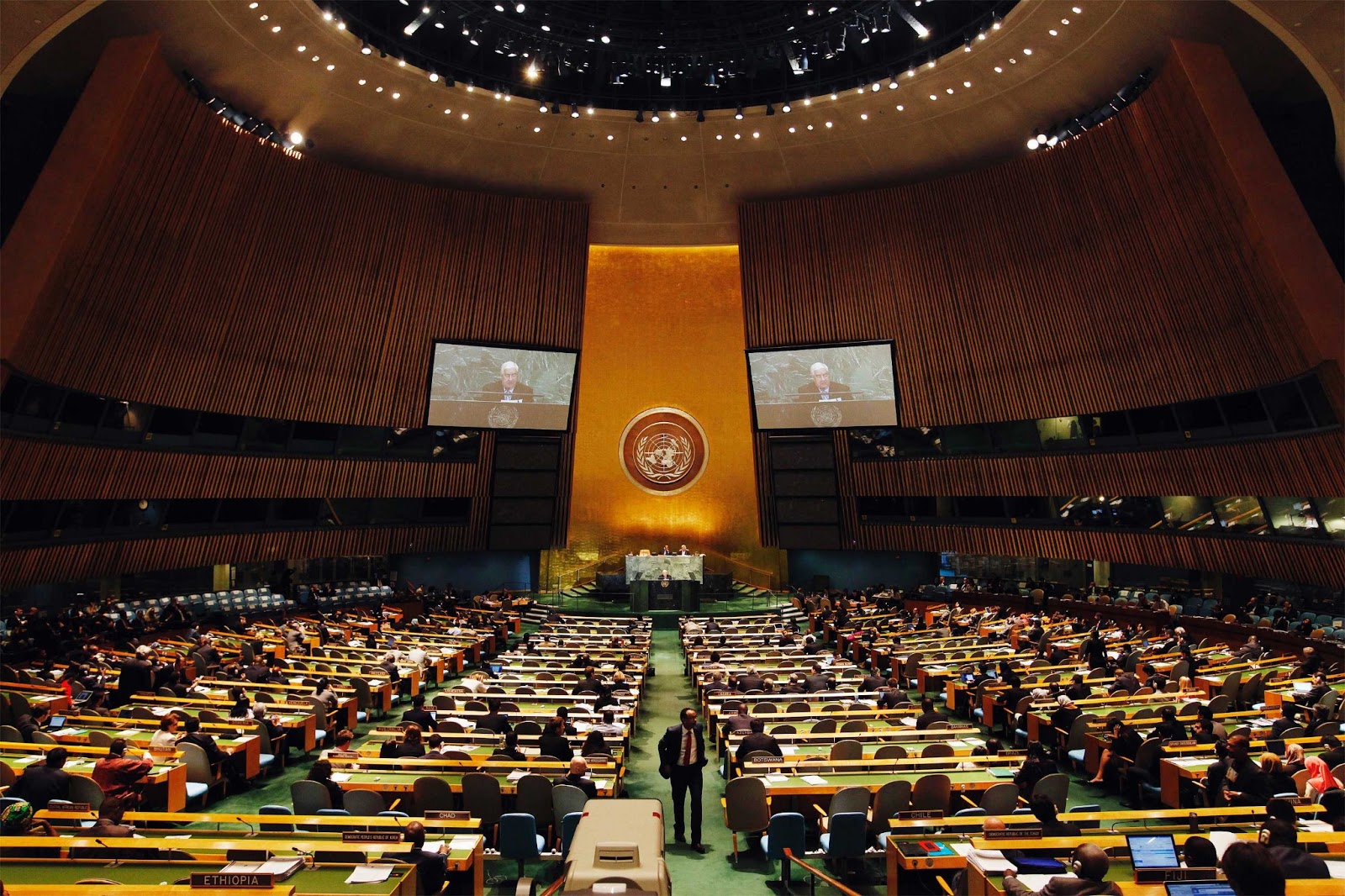
The success of the post-2015 development agenda depends on adopting global goals for sustainable development and on designing a robust accountability system. All stakeholders should be involved in the accountability framework. While sustainable development goals (SDGs) are universal in character, they need to be adapted to national contexts, according to specific sets of constraints and opportunities. Countries need also to specify their global commitments to create an enabling environment for sustainable development worldwide. The adaptation of global goals into national targets ensures ownership and facilitates answerability, thus promoting an accountability framework that is inclusive, transparent and participatory bottom-up process.

CDP Chair introduced the Committee's report on its 17th Plenary session

CDP presented prospects and challenges for graduation from LDC status
 Welcome to the United Nations
Welcome to the United Nations
